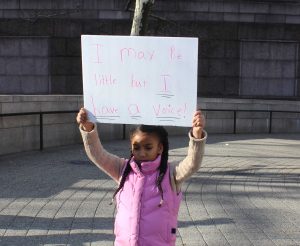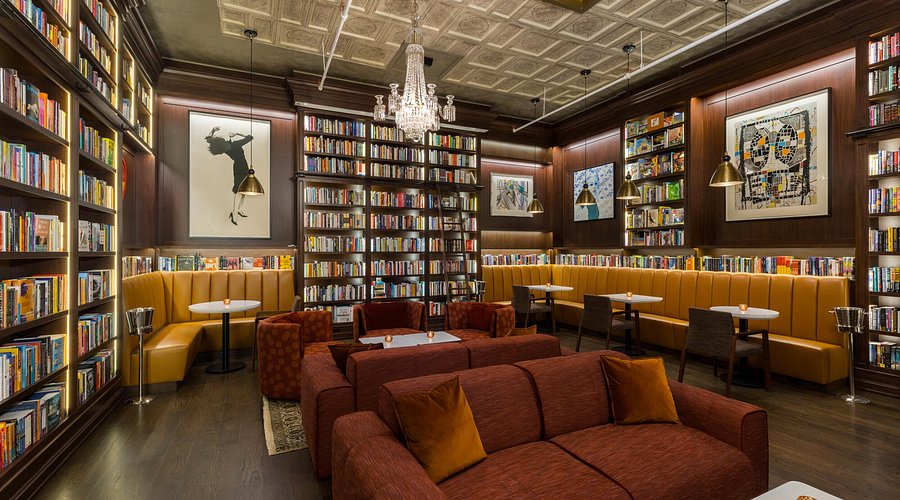By Gayathri Thelakatt

On Oct. 5, 2017, The New York Times published an article exposing Hollywood mogul Harvey Weinstein’s history of sexual harassment, consequently changing the climate of Hollywood and social media. Since then, various women have spoken up about their own experiences with assault, revealing prominent men in Hollywood like Louis C.K, James Franco and Matt Lauer to be sexual predators. In response, movements like Time’s Up and #MeToo shot to popularity, and are using social media platforms like Twitter and Instagram to spread awareness for sexual harassment in hopes of creating a safer environment for women to speak up about their own experience with assault.
#MeToo immediately started trending on Twitter in October after the Weinstein scandal. The hashtag serves to raise awareness about the prevalence of sexual harassment in the workplace, demonstrating how many women have been victims of assault or abuse. Social activist Tarana Burke originally created the #MeToo movement in 2006 describing it as “a bold declarative statement that ‘I’m not ashamed’ and ‘I’m not alone’” when it comes to talking about sexual assault.
Founded on Jan. 1 by over 300 women in Hollywood, Time’s Up serves as a platform for women, members of the LGBT community and anyone from a disadvantaged background to speak up about sexual harassment. The nonprofit organization aims to raise 19 million dollars to provide legal support to victims of sexual harassment, assault or abuse in the workplace. A team of lawyers at the National Women’s Law Center will administer legal support for those ready to come forward. Over the course of 20 days, Time’s Up has raised 18.7 million dollars through their GoFundMe page where users are able to donate any sum of money and stand in solidarity with men and women worldwide who are victims of harassment.
Hollywood has a long and perverse history regarding harassment and gender inequality. The string of allegations against these prominent men from the industry has finally called attention to the topic. The bone-chilling recounts of the victims evoked a strong reaction from the world, leading to countless protests and campaigns aimed at empowering women and educating others about sexual harassment.
The world waited with bated breath to see how Hollywood would handle the recent exposure of sexual harassment at the Golden Globes, the first award show of the season. Although the annual event is meant to celebrate talent in film and television, this year the show seemed to center around women and the current climate in Hollywood. In lieu of the allegations against numerous men in Hollywood and in partnership with Time’s Up, celebrities wore all black to the 2018 Golden Globe Awards to protest sexual harassment and gender inequality within the industry.
Almost every single actor, writer and producer to walk the red carpet partook in the protest, including Kate Hudson, Viola Davis and Kerry Washington. Host Seth Meyers addressed the issue in his opening monologue, jokingly saying, “It’s 2018 and marijuana is finally allowed and sexual harassment finally isn’t.” Oprah Winfrey also delivered a powerful speech addressing the prevalence of sexual harassment and celebrating the women who have endured, referencing both the #MeToo and Time’s Up movements. “A new day is on the horizon,” Winfrey emphatically stated, receiving a standing ovation from the entire room.
The Oscars, which are set to take place on Sunday, March 4 will undoubtedly be centered around the matter of harassment and inequality. The award show is the biggest event of the year in Hollywood, and in light of the recent allegations against men from the industry and the following women empowerment movements, the Oscars will inevitably discuss Hollywood’s rampant sexual harassment problem.
Sexual harassment in the workplace has always been an issue. Oftentimes, men in high positions leverage their power and take advantage of either men or women who they feel will not come forward, in fear of damaging their career. The current events and movements that aim to cast a light on the prevalence of sexual harassment are creating a more welcoming climate for victims of abuse to come forward. By openly discussing the rampant problem of sexual harassment, more people are getting educated on the matter, which we can only hope will prevent the frequent occurrence of sexual harassment in the future.




































































































































































































